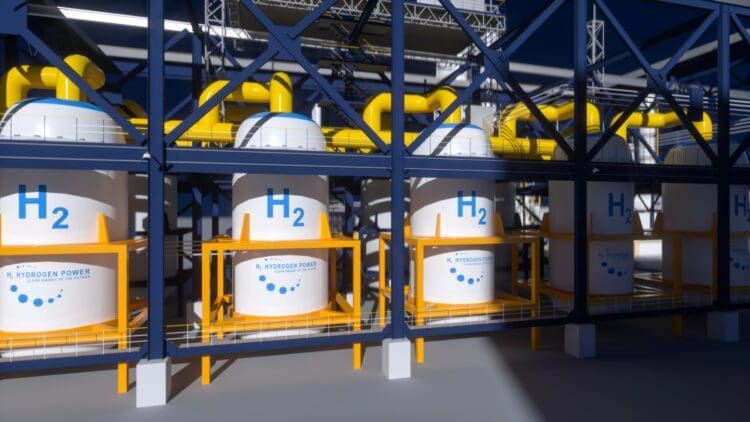Hydrogen has emerged from the dust of the renewable energy sector’s unprecedented rise to fame as the most pragmatic and viable solution to the energy crisis that the world is faced with. Now, the EU financing department has backed the early-stage development of the Baltic Sea Hydrogen Collector project that aims to connect European nations through a sophisticated offshore hydrogen pipeline, the likes of which the world has never seen. The European continent is contemplating the best method to decarbonize the energy sector, and the Baltic Sea Hydrogen Collector project exemplifies the potential of the sector.
Finland and Germany are the first phase of the new hydrogen connection project
Europe has seen an increase in energy demand, leading to calls for the end of the conventional energy sector as the continent aims to transition towards the renewable power industry. Germany and Finland are the two nations that are set to form the first phase of the new Baltic Sea Hydrogen Collector project.
The EU has backed the projects to be a success and has allocated $17 million to develop the first phase of the project. The first phase is a preparatory one, as the funds allocated will go towards regulatory, technical (pre-FEED), and environmental assessments. The allocation of funds by the EU falls under the EU’s Connecting Europe Facility (CEF) program.
Three hydrogen operators are set to benefit from the funds provided by the EU
The three companies that are part of the Baltic Sea Hydrogen Collector project are Copenhagen Infrastructure Partners (CIP), Gasgrid Finland, and GASCADE Gastransport GmbH. All three companies have welcomed the funds and have publicly stated their gratitude to the EU.
“Finland has excellent conditions for large-scale wind power, renewable hydrogen production and hydrogen value chain creation. The BHC concept offers an opportunity to bring this potential to market, creating new growth prospects for Finnish industry to develop hydrogen, P2X and other projects aiming to produce high value products. Gasgrid appreciates the EU’s support for BHC, which as a PCI project plays a strategic role in building a resilient and integrated European hydrogen infrastructure and advances Europe’s clean energy transition. – Sara Kärki, Gasgrid SVP, Hydrogen development
Europe is gaining traction in embracing the potential that the hydrogen sector has
Several European nations have welcomed the planned hydrogen project. The focus for the project at the moment is to assess the viability of a future cross-border hydrogen transportation pipeline that could completely reshape Europe’s energy sector while promoting energy security.
The ongoing war in Ukraine has raised concerns over Europe’s ability to operate without Russian energy resources, as the EU and the United States recently unveiled their latest rounds of sanctions on Russia and its energy companies. The Baltic Sea Hydrogen Collector project has been designated by the EU as a Project of Common Interest (PCI) for the European energy sector.
Germany is fast becoming the spiritual home of the hydrogen sector, as evidenced by the recent news that Hoerbiger and Ariel are to deliver hydrogen compression systems to the nation.
Germany’s proclivity for hydrogen has been on full display recently
The new hydrogen cooperation narrative that has emerged on the European continent has exemplified the region’s proclivity for the renewable energy sector. Adding to the reputation and perception of hydrogen has been the news that the Port of Hamburg has developed a new partnership aimed at promoting cross-border hydrogen trade, much like the Baltic Sea Hydrogen Collector project aims to do. Hydrogen is the most abundant element in the known universe, and it is about time that the world embraces it, or faces an uncertain energy future.





